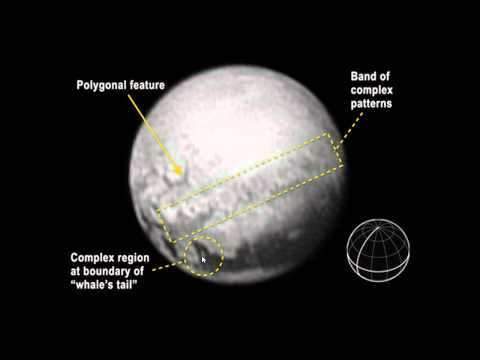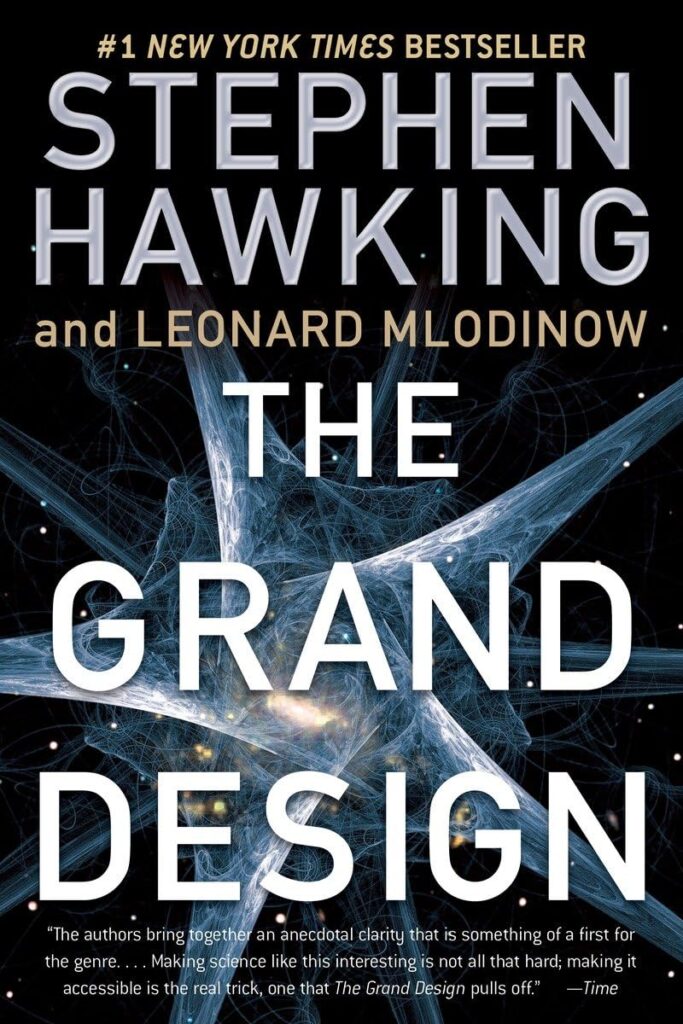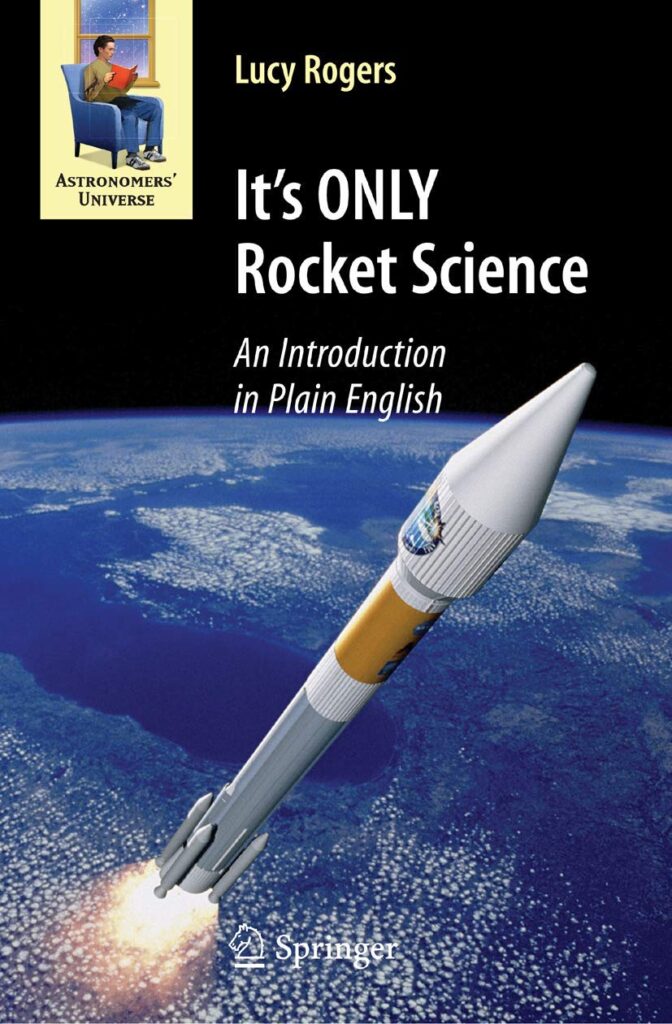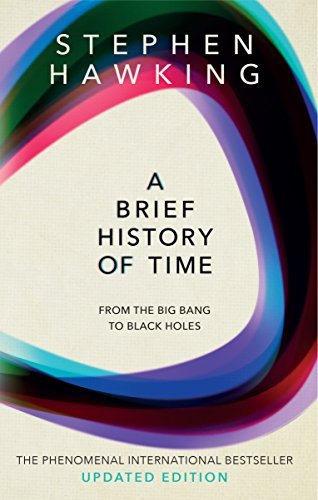Why a China Space Race is a Good Thing
From the U. S. -China trade war,a controversial security law in Hong Kong,building in the South China Sea,to China’s global infrastructure projects,there is undeniably a Cold War-like battlefor influence on all fronts. And that includes space. We’re in a space race today,just as we were in the 1960sand the stakes are even higher. Although China hasn’t come closeto achieving what the U. S. has, they’re catching up. Since 2018, China has launchedmore rockets into orbitthan any other country. In 2019, they became thefirst to land a roveron the far side of the moon. And in 2020, Chinareleased the last satellitein their global navigationsatellite system,called Beidou, China’sanswer to the U. S. -made GPS. Like China’s big infrastructureprojects here on Earth,their goals are to get afoothold in space technologythat will drive profit,make them independentfrom U. S. technology,get an upper hand in military operationsand show superiority on the world stage. With Joe Biden in the White House,experts think space spending could slow,although the Democratic Party has statedthat it will continue the goalof sending Americans back tothe moon and beyond to Mars. We are launching humans to the moonfor the first time since 1972. And that might not be a bad thing. While a Cold War scenariohas dangerous politicaland economic implications,a race to the cosmos,like any good rivalry,could be a huge benefit forspace and other industries. If you think that theU. S. -China competitionis going to be not justa clash of strategies,but a clash of systems,it’s going to be a contest over whetherAmerican-style liberal democracyor Chinese-style authoritarian capitalismis best suited to thedemands of the 21st century,then it’s entirely possiblethat you could see the United Statesmake investments ininfrastructure and educationand technological innovationand basic researchthat it wouldn’t otherwise makeas a result of that competition. In 1957, the SovietUnion shocked the worldby putting the first eversatellite into space, Sputnik 1. There is real militarysignificance to these launchings. The satellite’s unanticipated successbrought on the American Sputnik crisis,a period of public fear and anxietyin Western nations about the perceivedtechnological gapbetween the United Statesand Soviet Union. And so the National DefenseEducation Act of 1957is passed in response to Sputnik. And it includes major investmentsin a variety of intellectual pursuitsthat were consideredcritical to staying aheadin the Cold War. And so the rise of entireindustries like aerospace,the rise of entire regionslike Silicon Valleyor Orange County,semiconductors, the Internet,a variety of otherthings that we associatewith the rise of the information age,were originally conceivedas part of the military industrial complexin the 1950s and 1960s. And let me say that ourscientists and engineers,in offering their services tothe government in this field,have been generous, patriotic and prompt. And nowhere was government spendingmore apparent and highly publicizedas the space race of the time. In the Eisenhower yearsand then Kennedy years,the U. S. started pouringmoney into the space program. By, I think mid-1960s, theU. S. was spending about4% of its total budget on space. It was the largestpercentage of the budgetspent on space in American history. And the intense rivalry allowedfor some of the biggest accomplishmentshumanity has ever seen. Including the first livinganimal to enter space by Russia. The first man to enter space by Russia. And the first probe to landon the moon, also Russia. And so that led to a hugesurge in U. S. spendingon the space program,which culminated in1969 with Neil Armstrongand Buzz Aldrin stepping on the moon. The moon landing is considereda conclusion to the space race. And as U. S. -Soviet relationsimproved, space spending waned. I think that one of thereasons that the U. S. has not been as focused on spaceis because the end of the Cold War. Since the Apollo program,the NASA budget hashovered around 0. 5% to 1%. But in the last few decades,the world has seen therise of a new power, China. While governed by an authoritarian regimelike the USSR was,China also has far more economic strengthand greater resources thanthe Soviet Union ever did. And that worries the U. S. The president has already signed into lawthe largest NASA budgetsince the days of the Apollo program. There is very much anideological challenge. It’s sort of a contestover which sort of system,democracy or authoritarian capitalism,will win the day in the 21st century. And I think what American officialsfear is that the Chinesewill not be contentto have second-tier status in a worldthat is led by the UnitedStates and its allies. But space isn’t simply a showof technological strength likeit was during the Cold War. The space industry is now worthan estimated $345 billion. With technology that we use every daydepending on it, like GPS. China started launching an alternativeto the American system,called Beidou in 2000. The recently completed versionis 20 centimeters more accurate than GPSby some estimates. China’s Beidou space programbrings prestige and practical benefits,the prestige from announcing their arrivalas a power in space similarto the prestige which the USachieved from its first moon landing. The practical benefits, bothmilitary and commercial. If you wanna target a missileor a fast-food delivery,you need a GPS system. With its Beidou system,China has its own GPS capability in place. And so independence from U. S. influenceon that key part of infrastructurein the information economy. China even opened upthe private space industry in 2014in the hope of encouraging competitorsto the U. S. private space industry. iSpace was the firstprivate company in Chinato successfully launcha rocket and satelliteinto orbit in 2019. And a company called Galaxy Spaceplans to launch 650low-Earth orbit satellitessimilar to SpaceX’s Starlink,which will give better,faster internet accessto people all over the world. But it’s not all about business. I think that for President Xi Jinping,this Chinese space programis hugely important,not just for all thepractical applicationsbut also just for prestige. It’s important forPresident Xi to show thatChina is a superpower. Superpowers have space programs. China will have to provethat they can perform the kind of missionsNASA has done andpossibly go even further. Like China’s recent moon rover, Chang’e-4. Although it was the third countryto land a rover on the moon,it was the first to land onthe far side of the moon. And China’s recently launchedMars rover isn’t the first,but it’s the first orbiterlander rover all in one mission. China even has a Voyager-like missionin its initial planning stagesthat will do a flyby of Neptuneand then out to exploreinterstellar space. But more importantly, China will buildits own space station,which will serve as an essential toolfor tests and research in spaceand offer an alternative to theInternational Space Station. When it comes to innovation,China will have some advantageswhen it comes to directingthe entire resourcesof a state or the entireresources of a societytoward some particulartechnological challenge,AI, for instance. But the cost of that isthere is less of an openeconomic and intellectualecosystem in Chinathan there is in the United States. There’s more inherentdynamism in a societywhere you have trulyopen information flowsand where innovation is as mucha bottom-up, as it isa top-down phenomenon. And so that’s not to saythat the United Statesis destined to win the race for AI or 5Gor any other technology. I think there’s real dangerin a lot of these fields. But if the United Statesputs forth the energyand puts forth theinvestment that’s necessaryin these areas, there’s no inherent reasonthat it can’t succeedbecause it is a democracy. And there are signsthat China’s space program is stumbling. In 2020, a long march 5Brocket scattered debrisover Cote d’Ivoire, after an uncontrolledre-entry of the rocket’s core stage. This was the largest botchof its kind in years. So the worry is that Chinais just not that transparentwhen it comes to this sort of thing. So, was this just a one-off?Was this just something went wrong,or is this just an exampleof what might be happening going forward?The competition may prove to be too much. China is up against notonly a space programwith a long and decorated history. But one with more ambitiousmissions than ever before. The U. S. is now trying tobeat China back to the moonto build a lunar base, harvest resourcesand then use it as a steppingstone to get to Mars. This time when we go to the moon,we’re gonna go to stay with a purposeof learning how to liveand work on another worldso we can take that knowledgeand information to Mars. I think that the sense of urgencythat we’re hearing fromthe Trump administrationabout the need to acceleratethe Artemis programto get to the moon by 2024,I think part of thatis because of the perceivedthreat from China. So in that sense, I thinkthat having China asa more serious player in spacecould potentially be good for NASA,good for the American space program. Other NASA projects include a Mars missionequipped with a mini helicopterto fly on the surface of the red planet,another mini helicoptermission planned for Titan,Saturn’s largest moon,and the launch of theJames Webb Space Telescope,an upgrade to the Hubble Space Telescopewhose photographschanged our understandingof the universe as we know it. The ambitions of China and the U. S. may depend on how longtheir rivalry continues. If history is any lesson,the bigger the rivalry,the further the two space superpowersare likely to push themselves. The overall goal withChina’s space program,I think, is to match the United States. China does not want to besubordinate to the U. S. on Earthand doesn’t want to besubordinate to the U. S. in space. Right now, the plan isto try to narrow the gap. And so if you are looking at thisfrom an American strategic perspective,the concern would be thatChina may have a jumpin the areas of high-tech innovationthat will be most importantin terms of poweringinnovation and productivityduring the 21st century. And that can perhaps beturned into advantageson the battlefield. I should say that thejury is really still outin terms of how effective China will beat mastering innovation in these areas. But if China continues to lackthe open informational ecosystemthat we’ve typically associatedwith success and innovation,there may still be significant obstaclesto maintaining the dynamism neededto spur innovation over the long run.













